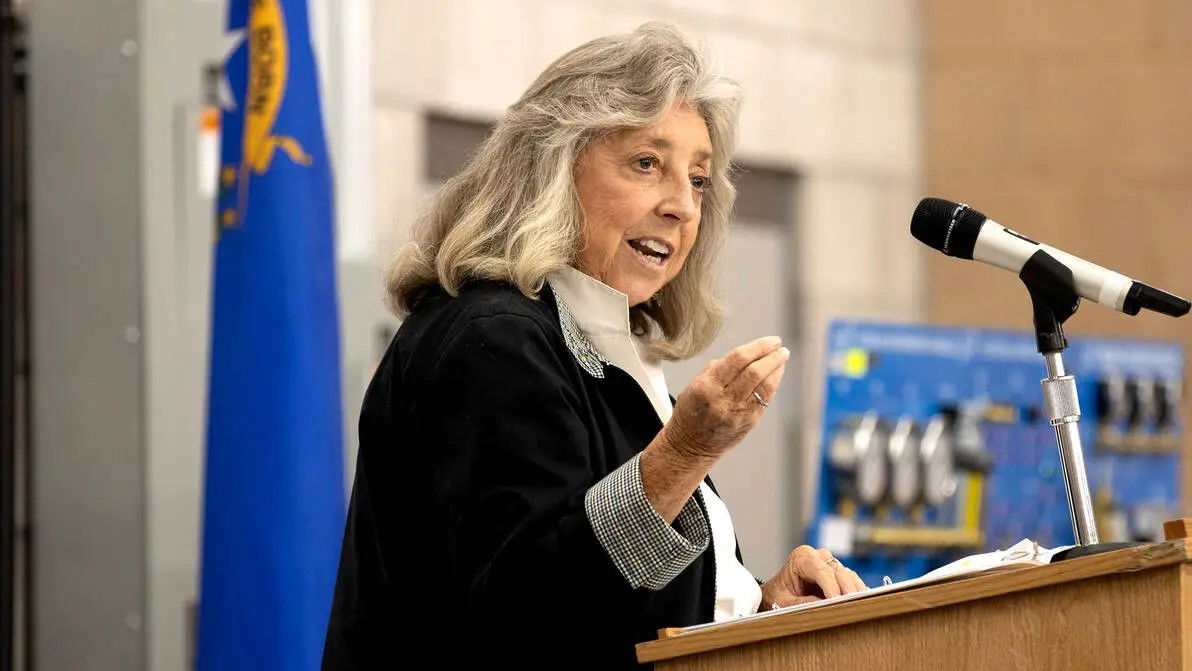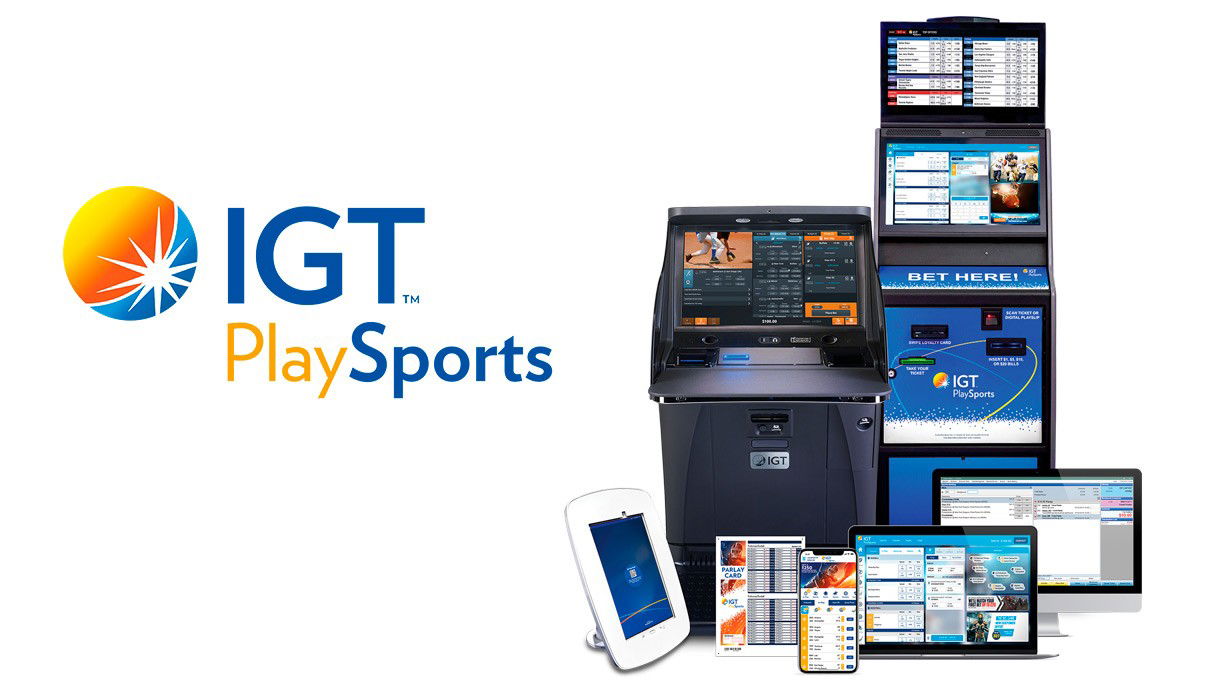Slot machine requirement for Pennsylvania casinos may drop to 1,000 under new bill

After a previous attempt in April, Pennsylvania Sen. Daniel Laughlin has moved a revised bill through the Senate that would lower the state’s slot machine minimum for Category 1 and 2 casinos, with the measure now one step from the governor’s desk.
The legislation, Senate Bill 840, proposes reducing the required number of slot machines at Category 1 and 2 casinos from 1,500 to 1,000. The Senate passed the bill on Wednesday. It now awaits consideration in the House before it can proceed to Gov. Josh Shapiro.
Laughlin introduced a similar bill earlier this year, which reached the Senate floor in May but did not advance further. SB 840 retains the same intent but is now progressing through the legislative process.
Laughlin, who represents Erie County, said the proposed change responds to increased gaming competition from nearby states and online platforms.

“When Pennsylvania first legalized gaming, surrounding states like Ohio and New York didn’t have casinos. That’s no longer the case. Facilities like Presque Isle Downs & Casino in Erie are facing growing competition from out-of-state casinos and online gaming platforms. Reducing the slot machine requirement gives these businesses the flexibility to adapt while preserving jobs and tax revenue,” Laughlin said.
Presque Isle Downs & Casino, located in Laughlin’s district, was fined $50,000 earlier this year for operating with fewer than 1,500 slot machines. Its general manager, Gary Hendricks, has expressed concerns about long-term sustainability, citing the rise of untaxed skill games across Pennsylvania.
The proposed legislation includes limits on reductions. Under SB 840, the Pennsylvania Gaming Control Board (PGCB) cannot approve a requested decrease if it exceeds 2% of the total slot machines in operation at the licensed facility.
Furthermore, SB 840 states: “Except as provided under paragraph (20), at no time shall the number of slot machines in operation at a Category 1 or Category 2 licensed facility be less than 1,000 or less than 250 slot machines at a Category 3 licensed facility.”
Laughlin described the measure as an effort to allow operational flexibility. “This bill is about modernization and sustainability. It’s a commonsense reform that protects jobs, strengthens our local economy, and allows our gaming industry to remain competitive in a changing market,” he said.
















